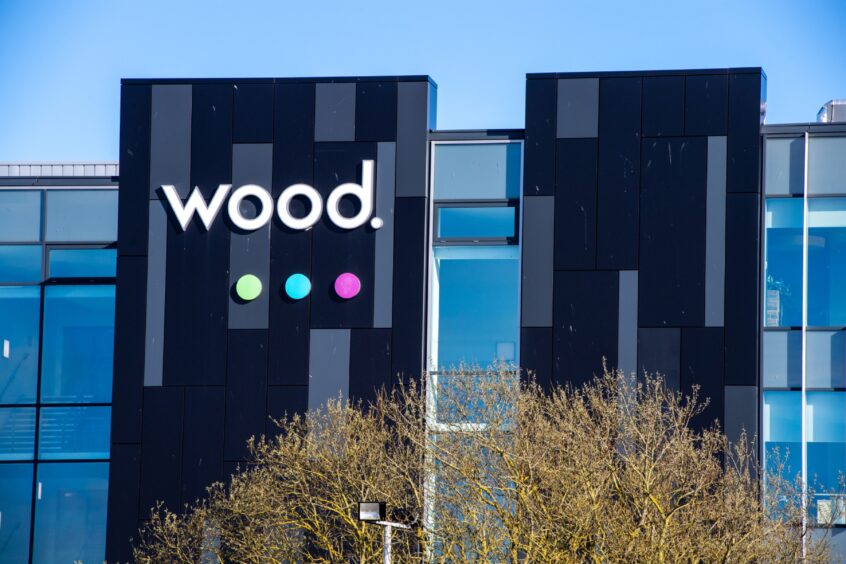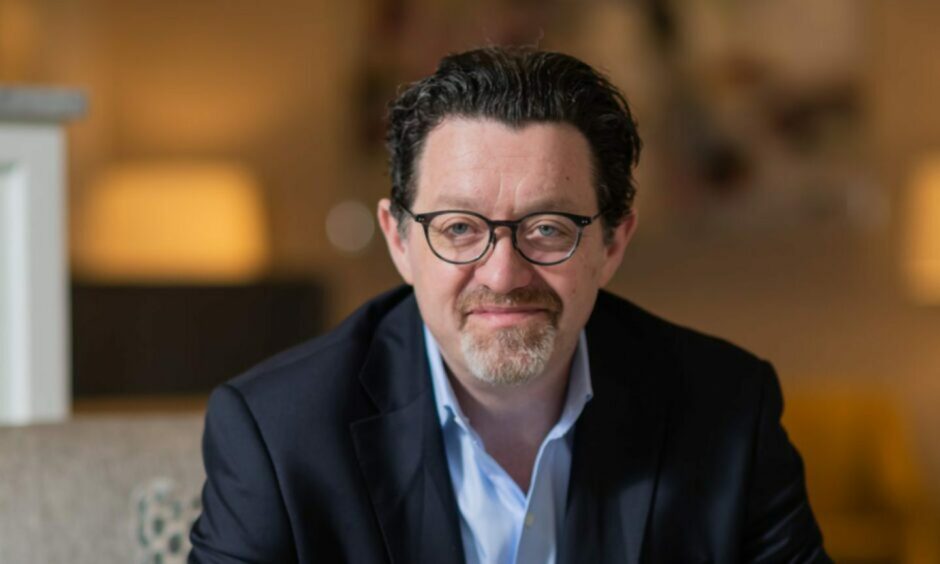
Aberdeen’s Wood Group (LON:WG) has revealed the hill it must climb as to turn around the business as it revealed total half year losses reaching nearly $1billion (£757m).
But the company said the results demonstrated “continued progress” on its strategy as it pointed to a larger order book and more profitable contracts.
It said it has left behind “lump sum turnkey and large-scale EPC work” and instead is focusing on “exciting and complex” work including a 6-year contract with Shell for the world’s largest floating offshore LNG facility in Australia and the delivery of a front-end engineering design (FEED) contract on Aramco’s carbon capture project in Saudi Arabia.
The firm said revenues of $2.8bn were down 5%, with growth in operations offset by lower revenue in projects.
Revenue in its key projects business slumped 13% on last year to $1.084bn. Wood said this reflected the “strategic shift” away from engineering, procurement, and construction (EPC) work.
It said operating loss of $899m – compared to its total loss of $983m – was the result of an impairment of $815 million and $140m of charges related to the exit of contracts.
Sidara deal
It is the first quarterly update from the group since the Sidara deal collapsed causing the firm’s share price to plunge.
In the results it said the Lebanon firm, also known as Dar Al-Handasah Consultants Shair and Partners Holdings Limited, made four unsolicited proposals to acquire Wood.
Sidara walked away from the bid claiming “rising geopolitical risks and financial market uncertainty”.
Wood said it incurred $5.5m of costs related to these proposals in the period to 30 June 2024 and another $5m in the second half of, taking the total expected gross cost to be around $11m. However it said this will be partially reimbursed by Sidara.
Ken Gilmartin, CEO, said: “These results demonstrate continued progress on our turnaround. Our strategy continues to deliver higher EBITDA and a larger order book, and we are improving the quality of our business with better pricing and higher margins.
“Our simplification programme is progressing at pace, with nearly half of the annualised $60m savings from next year already secured. I am also pleased that we have achieved all of this while recording our highest level of employee satisfaction ever, putting Wood in the top quartile of all our peers and demonstrating that our team is focused and energised on driving Wood to its full potential.
“We have finalised our views on our exit from lump sum turnkey and large-scale EPC work and have reflected this in our results today, though crucially this has not changed our cash guidance. We have also recognised a non-cash goodwill impairment in our projects business, which relates to legacy acquisitions.
“Generating sustainable, strong free cash flow continues to be an important focus for the delivery of our turnaround. Our adjusted operating cash flow was up in the period, and we continue to anticipate reducing cash drags going forward. We welcomed Arvind Balan as our new CFO in April and he has brought a renewed cash focus across the business.
“As we look ahead, we remain confident that our strategy, actions we are taking and growth potential across our markets will deliver significant value for our shareholders. We are pleased to reconfirm our outlook today, both for 2024 and 2025, including generating significant free cash flow in 2025.”
Analyst view – “execution is key”
John Moore, senior investment manager at RBC Brewin Dolphin, downplayed the loss for the period.
In a statement, he said: “Despite the headline loss for the first half of the year, Wood has generated better cash flow which will help in its path to recovery.
“The company has been going through a lot of change against a mixed industry backdrop, and the combined costs related to that process have seen Wood swing to a loss.
“But, there was a reason Wood attracted so many bids at a significant premium to its current share price – and there are hints of why in the company’s outlook for 2025, which indicate that strong free cash flow and greater profitability are on the horizon. Execution of this strategy will be key to the company’s independence and future prosperity.”
Ashley Kelty at Panmure Liberium said Wood missed analyst expectations on revenues but said its order book at $6.2bn was “healthy”.
He said the end of Sidara’s wooing of Wood meant the end of “distraction” for the management team.
He said: “The rise in margins is an encouraging step forward, but rise in net debt is a concern despite claims of savings being realised under strategy implementation.
“The overall recovery is taking longer than management expected –having to deal with multiple takeover approaches has obviously knocked business off track –but investors will hope that the company can now focus on delivery and generating FCF from 2025.”
Recommended for you


 © Supplied by Wood plc
© Supplied by Wood plc